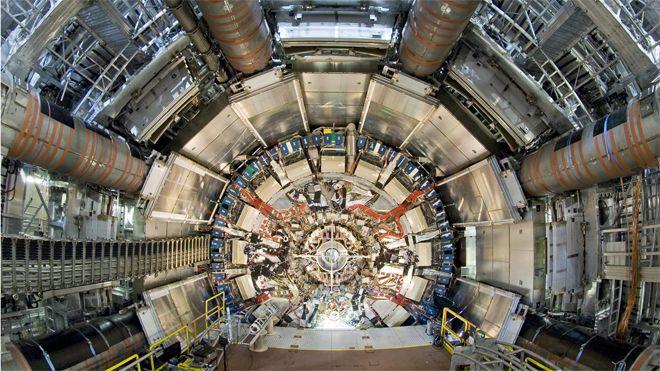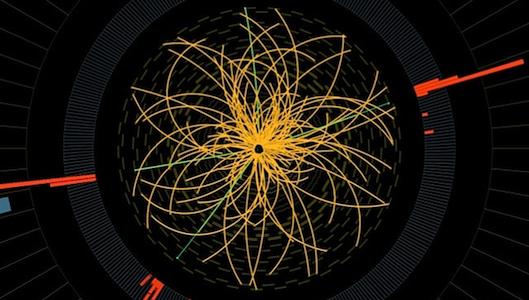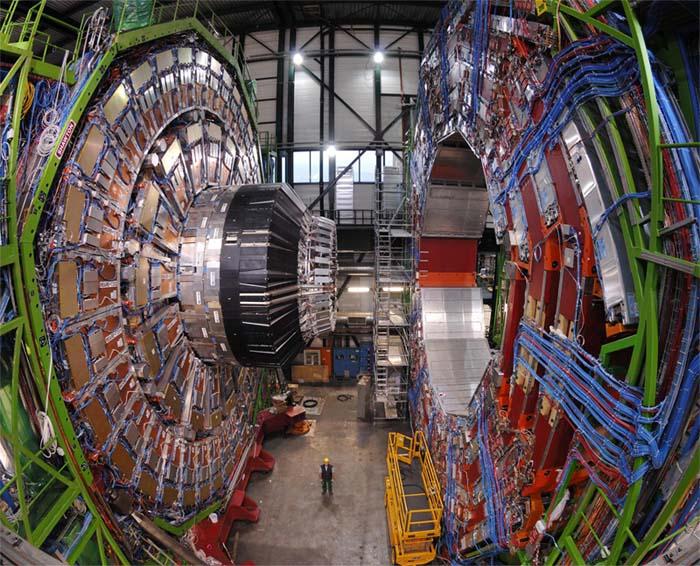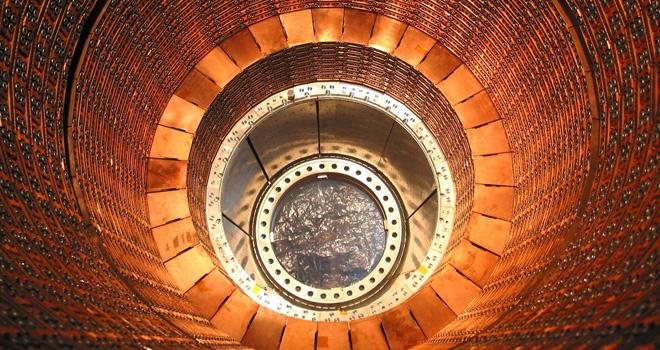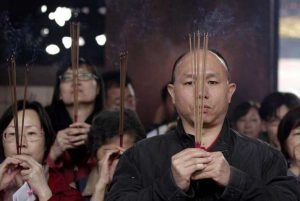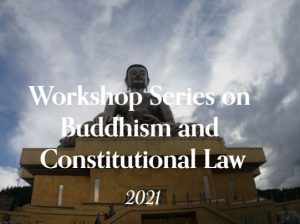The discovery of a particle most likely to be the Higgs boson (simplistically called the ‘God particle’ for the popular media) has recently led to new speculation that the most likely destiny of our universe is one of “vacuum instability”. The gist is that a new universe will eventually replace ours, supporting the idea that the Big Bang is only a part of a series of cyclic events. And this newly strengthened theory – the cyclical model where space is renewed every once in a long, long time – might sound Buddhist. But it is a mistake to assume that this theory corroborates any religious understanding of eschatology (the department of theological science concerned with the ultimate destiny of reality). It is simply demonstrative of the fact of impermanence.
It is a proven phenomenon that human beings see what they want to see. Religious people are far from immune from this very understandable foible, and one common tendency has been for theistic (Jewish, Christian, Muslim) scientists to argue for a linear vision of the universe where the Big Bang was the absolute beginning and the Big Crunch will be the absolute end. Or, there may be Hindu and Buddhist astronomers and physicists who believe in a cyclical universe or multiverse. Currently, the findings at the Large Hadron Collider seem to support the cyclical theory. But all theories have one thing in common: we all die regardless of how it all ends.There are several theories for the fate of the universe that have remained popular in cosmological circles. Even the one scenario where our universe never ends and continues expanding is a misleading image, since the formal theory is called heat death, meaning that the universe grows so cold as it expands that life becomes impossible anyway. Like the Buddha, we would all be better off if we abandoned fruitless metaphysical speculation and concentrated on liberation based on the traditional teachings rather than arguing endlessly on about whose theory corroborates science better. It is understandable that all religions seek to have a slice of scientific pie, but the scientists have their work to do, and we have ours.


